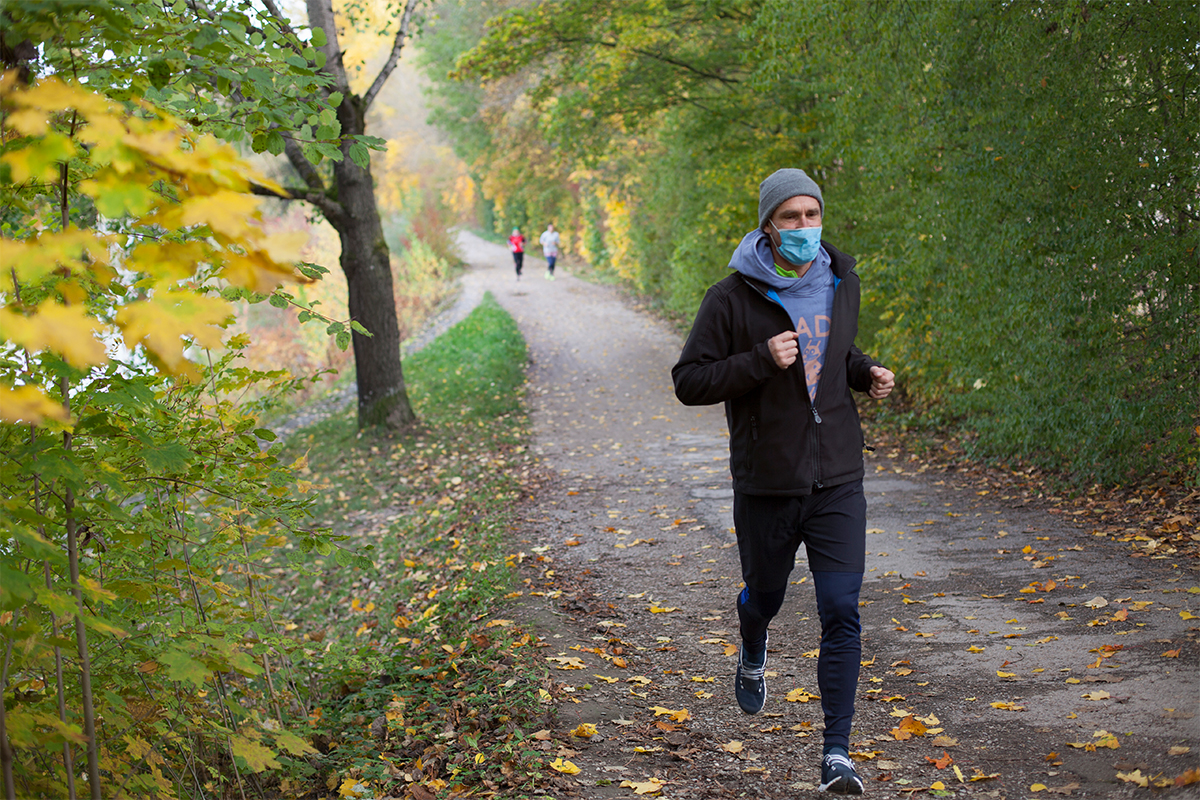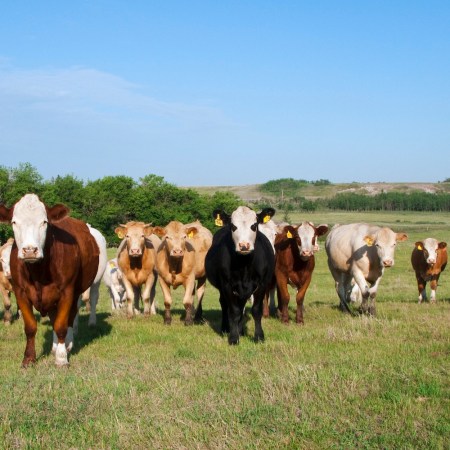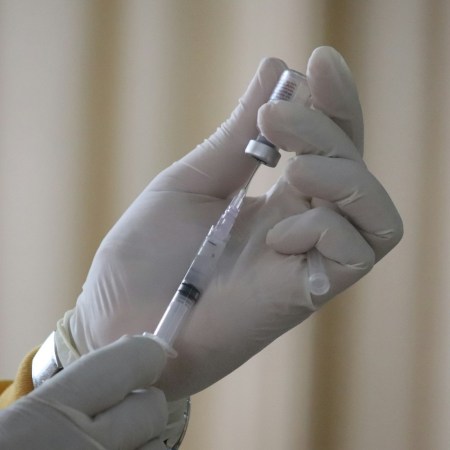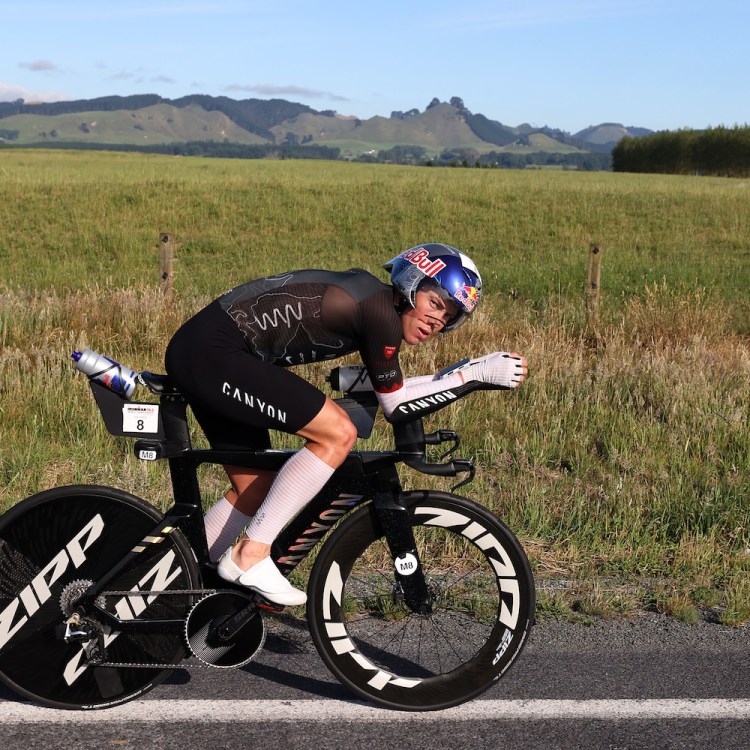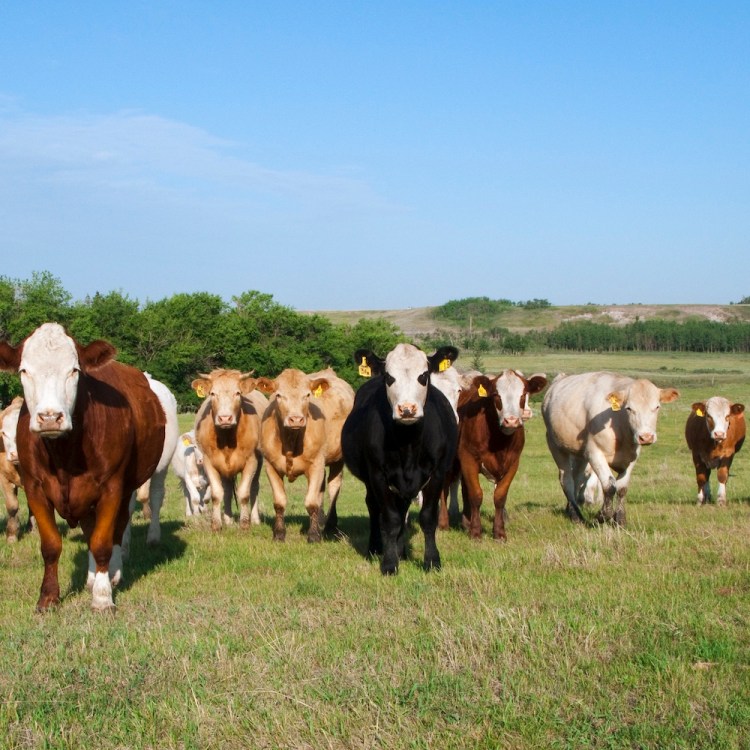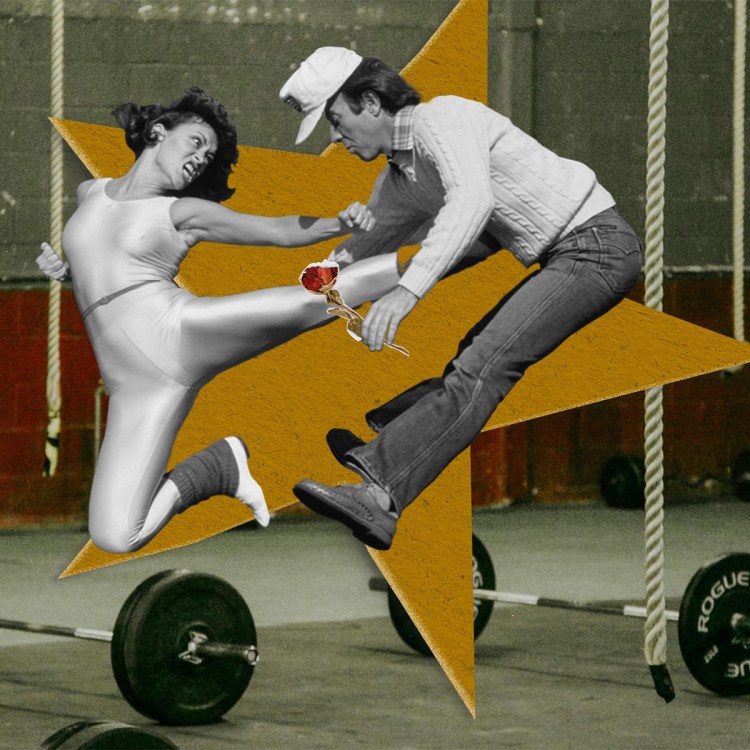Earlier this year, the CDC officially recommended that Americans wear “cloth face coverings in public settings and when around people who don’t live in your household, especially when other social distancing measures are difficult to maintain.” The country has followed those guidelines, sort of. As of this morning, 36 states are currently mandating facial coverings in public.
In some states, the issue has been made partisan by performative state representatives, who’ve refused to comply and urged their citizenry — the recent, meteoric case numbers notwithstanding — to value personal liberties over public health. Considering that face coverings could prevent hundreds of thousands of coronavirus cases, this approach is unconscionable.
There are other situations, though, where Americans, who are generally trying their best to follow this new normal, may be forgoing a mask. Exercise, for one. It’s impossible to get into a health club these days without a filling out a questionnaire, getting one’s temperature checked and wearing a mask. But on sidewalks and pathways around cities and suburbs, there is little enforcement (aside from public pressure, at least) of runners and bikers to sport a face covering.
This decision is backed, for many, by an assumption that wearing a mask during exercise can tax the lungs. After all, it can be pretty damn uncomfortable to have a piece of cloth stretched across your face while running. But studies continue to indicate that that’s all it is — discomfort. In August, a study in the Annals of the American Thoracic Society found that wearing a mask during exercise does not negatively impact the cardiorespiratory response. And a week ago, a study in the International Journal of Environmental Research and Public Health confirmed that it does not hinder performance or oxygen levels.
When we exercise with a mask on, sensory perception gets the better of us. Our faces get a little hotter than usual, and it can feel like there’s more resistance in the way of breathing. But wearing a mask, these findings illustrate, does not affect arterial oxygen levels, or compromise the lungs. What do we know for sure compromises the lungs? The coronavirus.
As we try to get through these next few months, just remember to wear a mask when running around outside. If you really can’t stand it, just run a little slower, or cut back a mile early. Whatever holds you over until sometime next spring, when, hopefully, you won’t need to wear that mask anymore.
The Charge will help you move better, think clearer and stay in the game longer. Subscribe to our wellness newsletter today.
